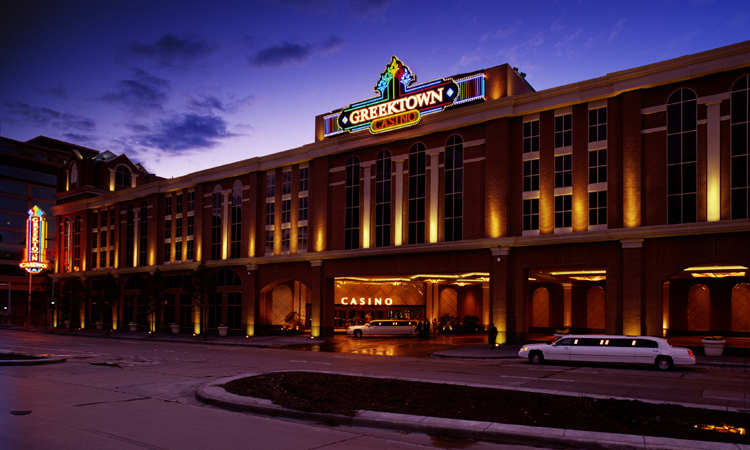Today, city leaders in Michigan‘s Motor City will be closely watching the latest round of negotiations between the Detroit Casino Council and three of the city’s casinos due to the region’s intense competition for the gaming dollar and the vast tax revenue at stake.
Considering the city’s fragile economic state a labor dispute would have serious ramifications for the casinos and the region, so observers are hoping that today’s meeting, the first since October 30, will end with the two sides making progress towards an agreement. Detroit’s mayor, Mike Duggan echoed the importance of the meeting and his concern over the union-management issue.
According to the Detroit Free Press, approximately 16% of the total revenue of the City of Detroit is represented by taxes from casino gaming. That’s almost $3.3 million a week, totaling $170 million annually. Just how much of a hit the city’s budget would take not only depends on the duration of the strike, but once it does end will there be a pent-up demand leading to a gambling surge and increased tax revenue.
In addition to the meetings and conventions hosted by the casinos, approximately 20% of the 15 million visitors who come to Detroit do so specifically to gamble or to visit the casino’s nightclubs, restaurants or other entertainment venues, according to the Detroit Metro Convention and Visitors Bureau. It is estimated by the visitors bureau that those tourists spend $6 billion annually on goods and services. Michael O’Callaghan, the bureau’s executive vice president and chief operating officer said, “The casinos have changed the landscape of Detroit.”
Last Monday the United Auto Workers – UAW Local 7777, the union representing the almost 6,000 casino workers from the MotorCity Casino, MGM Grand Detroit and the Greektown Casino, voted to authorize a strike if the two sides cannot come to an agreement. The negotiation process between the three casinos and the Detroit Casino Council began in August and for various reasons has not resulted in any significant progress to date. There are currently four negotiating sessions planned.



